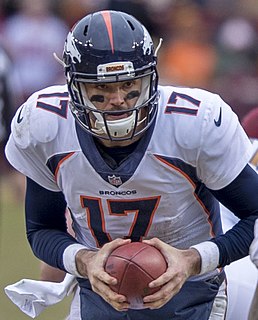A Quote by Philip Kitcher
Mann was less interested, I think, in constructing any kind of "portrait of an age" than he was in delineating an individual consciousness in which profound struggles about identity and direction arise - struggles that Mann himself had not only reflected on but felt keenly. Visconti takes up this central focus of the novella, but he couples it with a more social perspective.
Related Quotes
Read Mann's notes, which contain precise accounts of cholera and its symptoms, and observe how careful he is throughout his fiction in getting medical details straight - then you might begin to wonder whether cholera is the only candidate for the cause of Aschenbach's death. What results from this, I think, is a deeper appreciation of Mann's brilliance in keeping so many possibilities in play. The ambiguity is even more artful than people have realized.
Presenting Aschenbach as a composer - based on Mahler - leads to some dreadful scenes (especially those in which Aschenbach is berated by his student), and it surely distorts the character Mann created. Yet, we know that Mann's novella was based on a holiday in Venice he took with his wife and brother, and that while he was there he followed the reports in the German newspapers, describing the dying Mahler's progress as he returned from New York to Vienna.
Mann and Joyce are very different, and yet their fiction often appeals to the same people: Harry Levin taught a famous course on Joyce, Proust, and Mann, and Joseph Campbell singled out Joyce and Mann as special favorites. To see them as offering "possibilities for living", as I do, isn't to identify any distinctive commonality. After all, many great authors would fall under that rubric.
This generation is different. They are not as interested in chasing money or material possessions. I believe that this generation is more interested in seeking social change and a more just society than any generation since those that brought about the civil rights movement and the struggles for human dignity of the 1960s.
Think about Mann's own daily routine (ascribed to Aschenbach), read the extant diaries and the letters in which he discusses the novella's themes, and it won't be so obvious that the attraction to Tadzio is completely unprecedented; it also won't be obvious that what Aschenbach wants is full sexual contact.
I use biography, I use literary connections (as with Platen - this seems to me extremely helpful for appreciating the nuances of Mann's and Aschenbach's sexuality), I use philosophical sources (but not in the way many Mann critics do, where the philosophical theses and concepts seem to be counters to be pushed around rather than ideas to be probed), and I use juxtapositions with other literary works (including Mann's other fiction) and with works of music.
























